India rocked by strike over fuel prices
An opposition-led strike over fuel price hikes disrupted life across India on Monday triggering mayhem and violence.
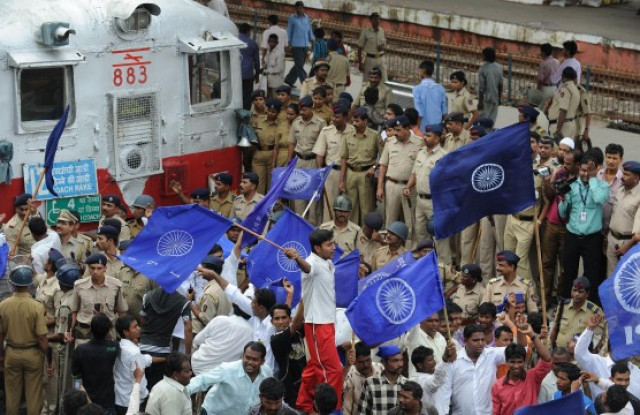
Flights were grounded in commercial airline hubs such as Mumbai and Kolkata, while protesters attacked buses, blocked roads with burning tyres and organised sit-down protests on inter-city railway links.
Police were out in force to prevent any large-scale unrest during the 12-hour strike called by the main opposition Bharatiya Janata Party (BJP) and leftist parties in a show of strength against the Congress-led government's reform programme.
The response was mixed, with the greatest impact felt in states with non-Congress administrations, like West Bengal, Karnataka and Bihar.
The day of action virtually shut down the software sector in India's IT showcase city Bangalore, the capital of BJP-ruled Karnataka, where hundreds of software firms, including giants like Infosys and Wipro, told employees to stay home.
In New Delhi, the government said it would not be bullied into reneging on reform promises, and Finance Minister Pranab Mukherjee insisted there was "no question" of rolling back on the fuel price hikes.
The government scrapped petrol subsidies last month and announced an across-the-board rise in the price of other fuels as a key part of its strategy to rein in a yawning fiscal deficit.
The inflationary knock-on effect of the increases is an issue that India's fractured opposition can unite over, given popular anger over steep rises in the cost of living.
The strike was widely observed in India's financial capital, Mumbai, where the right-wing Hindu nationalist Shiv Sena party holds sway. Police had rounded up 1,000 "trouble-makers" on Sunday in a pre-emptive move to prevent unrest.
Flights to and from Mumbai airport were severely disrupted, with domestic airlines cancelling 45 departures and 39 arrivals.
The city's taxis were mostly off the streets, and schools, colleges and businesses closed down, while 50 Communist Party activists were arrested as they tried to storm the platforms of a suburban train station.
There were clashes in several cities, with police charging with batons and using water cannon to disperse crowds.
The Mumbai police's rapid reaction force was on alert and some 40,000 officers were on the streets.
"Anyone who takes the law into their hands and attempts to paralyse the city shall be dealt with strictly," city police commissioner Sanjeev Dayal said.
In Kolkata, the capital of the Marxist-controlled West Bengal, public transport was at a standstill and many flights were cancelled.
Demonstrators took to the streets and held sit-down protests to block key intersections, but there were no reports of major violence.
"Normally, I'm against strike action, but this is different," said Sriparan Bose, a geography teacher in Kolkata.
"Inflation is already hurting a lot of people, and the fuel rises are only going to make things worse. The government needs to rethink this," said Bose.
Mahesh Rangarajan, a political analyst at Delhi University, said the strike was a significant test of the commitment of Prime Minister Manmohan Singh's year-old government to push through tough reforms.
Any rollback now "would be an erosion of their authority," Rangarajan said.
In the northern city of Lucknow, police reported incidents of protesters stoning buses to keep them off the streets and senior BJP leader Arun Jaitley was arrested for illegal assembly.
Prior to being detained, Jaitley told reporters the strike was an "unprecedented success."
"This protest has been widely supported by the average common man because he is really the target of the government's policies," he said.
In the Bihar state capital Patna, protesters disrupted train services and used burning tyres to block traffic.
The Indian capital, which is controlled by a Congress administration, was relatively quiet.


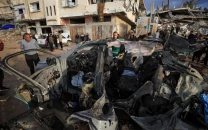
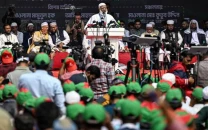

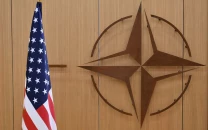
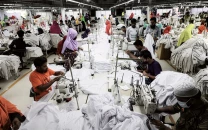












COMMENTS
Comments are moderated and generally will be posted if they are on-topic and not abusive.
For more information, please see our Comments FAQ